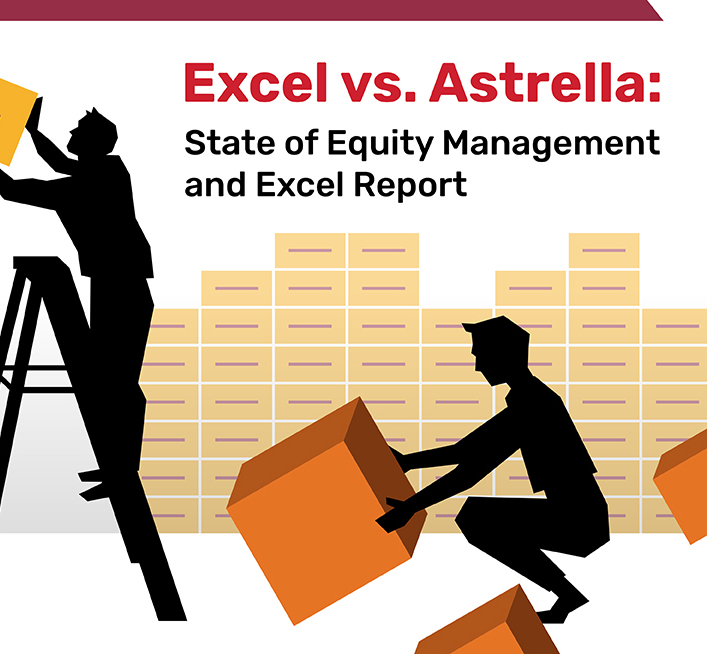Navigating the complexities of 409A valuations can seem daunting for startups. This detailed guide not only breaks down the essentials but also covers additional topics to help you fully understand the importance and requirements of conducting a 409A valuation.
Table of Contents
What is a 409A Valuation?
A 409A valuation determines the fair market value (FMV) of the common stock of a privately-held company. This assessment is crucial for companies that provide stock options or other deferred compensation to their employees, ensuring compliance with Section 409A of the Internal Revenue Code.
Why is a 409A Valuation Important?
- IRS Compliance: Adhering to IRS regulations avoids severe penalties.
- Employee Confidence: Ensures fair market value of stock options, boosting morale.
- Investor Confidence: Demonstrates a rigorous approach to equity distribution.
How is a 409A Valuation Conducted?
Performed by an independent appraiser, the valuation considers several factors such as recent equity transactions, financial status, business model, market trends, and economic conditions.
When Should a 409A Valuation Be Performed?
- Initially when setting up a stock option plan.
- Annually, or after significant company events like new funding rounds or major milestones.
How Long are 409A Valuations Valid?
409A valuations are typically valid for 12 months unless there is a material change in the company’s circumstances that could affect its valuation.
409A Valuation Methodologies
- Income Approach: Projects future cash flows and discounts them to the present value.
- Market Approach: Compares the company to similar businesses in the public or private sectors.
- Asset Approach: Evaluates the company's assets and liabilities.
What Do I Need for a 409A Valuation?
To perform a 409A valuation, you'll need:
- Financial statements and projections.
- Details of past equity transactions.
- Information on stock option plans.
- Description of business and market.

409A Valuation Cost
The cost of a 409A valuation can vary anywhere between $1,000 and $10,000, but it is included in the cost of the PRO subscription to Astrella's cap table management software, making it a cost-effective option for many startups.
What is a 409A Refresh?
A 409A refresh is an update to the valuation in response to changes in the company’s financial situation, business model, or market environment that might impact its stock value.
What is a 409A Safe Harbor?
The 409A safe harbor is a provision that allows companies to presume that their valuation is compliant with IRS requirements if it’s performed by a qualified independent appraiser. This protects companies from penalties as long as they adhere to the guidelines.
409A Valuation Penalties
Failing to comply with 409A valuation requirements can lead to substantial penalties, including immediate taxation of deferred compensation, additional taxes, and interest charges for the recipients.
Common Misconceptions About 409A Valuations
- "It's only for tech startups." While prevalent in the tech industry due to the common use of stock options as compensation, any private company offering deferred compensation must comply with Section 409A.
- "It's too expensive." The cost of a 409A valuation varies, but it is generally manageable and should be viewed as a necessary investment to maintain IRS compliance and protect against legal issues.
- "It’s just a formality." While it might seem bureaucratic, the valuation has real financial implications for both the company and its employees.
Conclusion
A 409A valuation is more than just a regulatory requirement; it's a crucial component of a startup’s financial and legal strategy. Proper understanding and execution of a 409A valuation foster a transparent and secure workplace culture, ensuring both compliance and success.

Tom Kirby
Tom Kirby serves as the Head of Global Sales at Astrella. With more than 20 years of experience in sales and business development, he is dedicated to fostering strong client relationships and assisting both private and public companies in understanding and effectively communicating their value.
- Tom Kirby#molongui-disabled-link
- Tom Kirby#molongui-disabled-link
- Tom Kirby#molongui-disabled-link
- Tom Kirby#molongui-disabled-link
































































































































